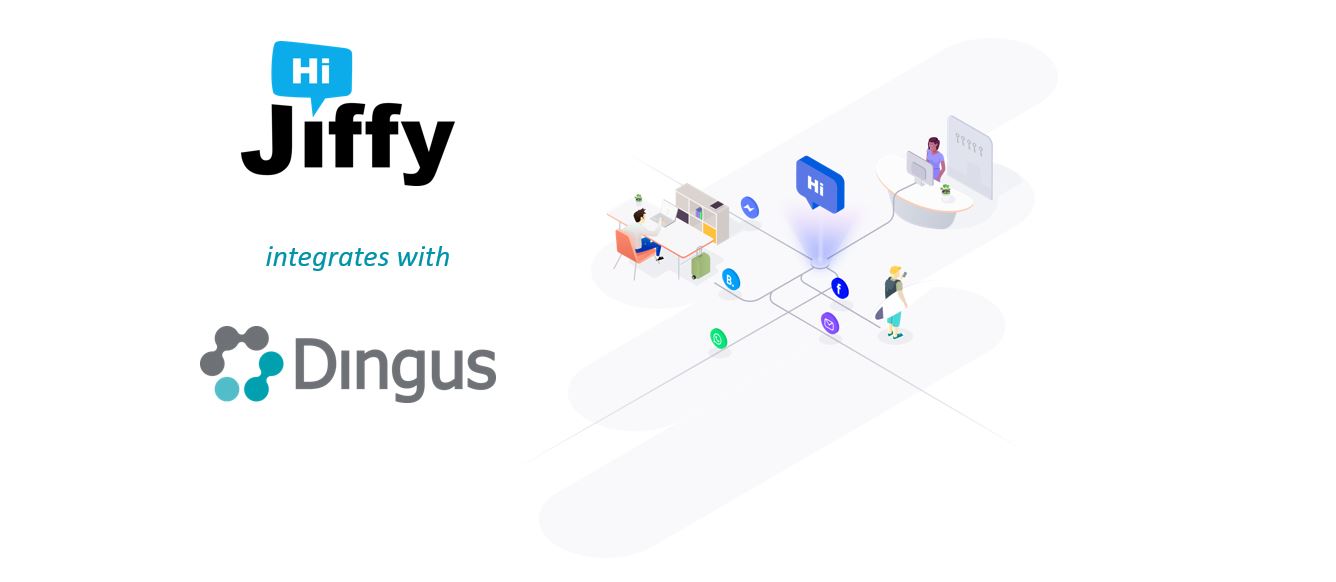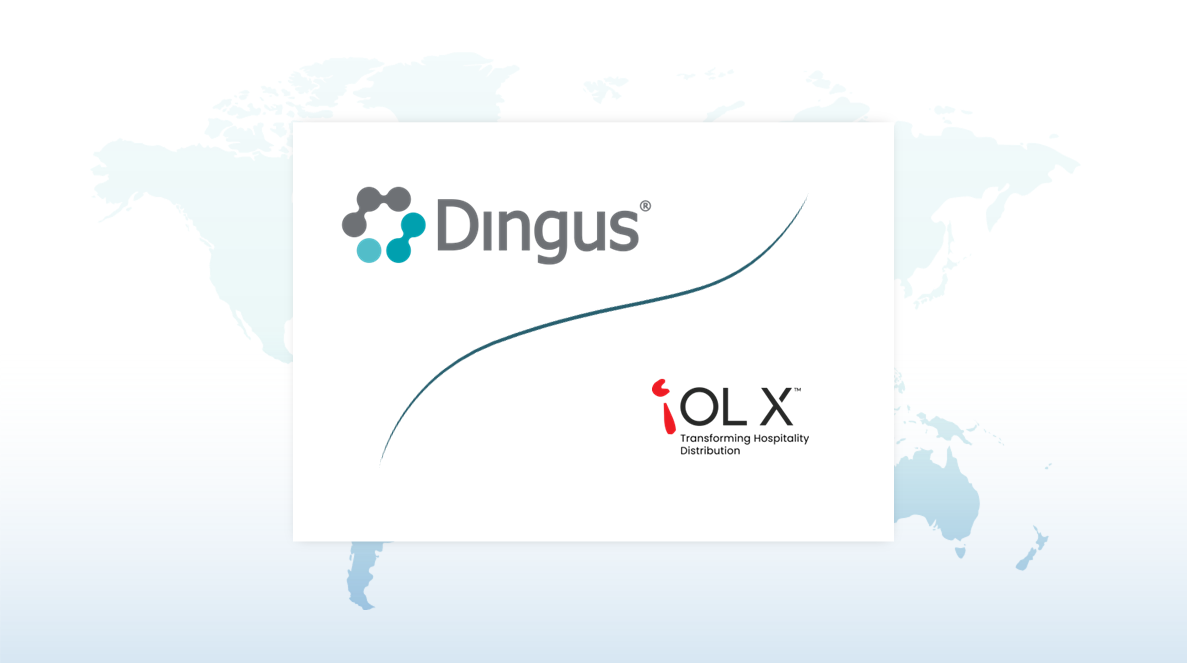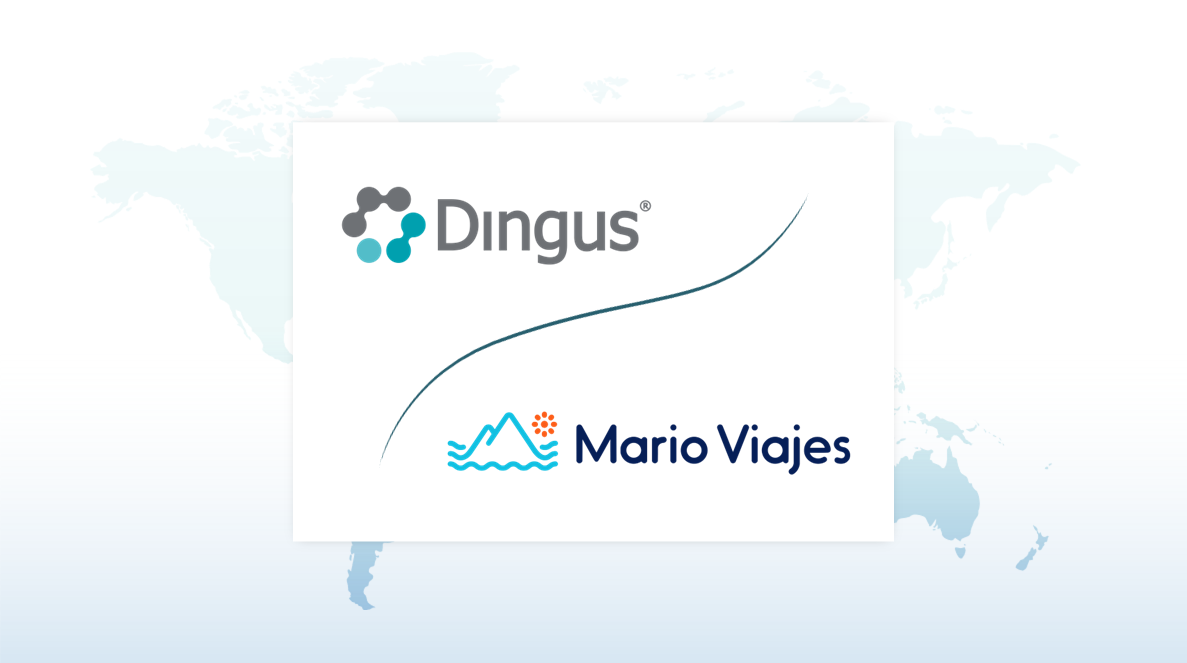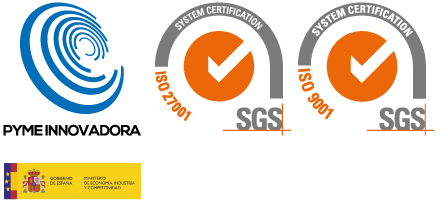- Mobile messaging exceeded 4 billion users in 2020, a figure that highlights the implementation of a direct communication channel that, thanks to artificial intelligence, is no longer a technology of the future. It is the present, and sectors such as hospitality and tourism can benefit greatly from it. This is how HiJiffy, the all-in-one communication platform for hotels and one of the chatbots with which Dingus makes it possible to connect its customers, sees it. The ultimate goal of the company founded in Portugal in 2016 is “to make the hotel booking process as easy as sending a text message. HiJiffy stems from the need to improve user engagement, reduce friction in customer communication and increase direct bookings. Our solution sends users the right message at the right time“. But it means much more for the hotel business. Find out in Dingus’ interview with our partner’s CEO Tiago Araújo.
What does a chatbot really bring to the hotel?
Some hotels worry that implementing a chatbot means eliminating the human touch… and in fact the opposite is true: by eliminating the need for staff to answer repetitive guest queries, employees have more time to do what they do best, which is improve the guest experience. The chatbot doesn’t eliminate employees, it frees them up for tasks that can be automated.
What does a chatbot have to have to make the user feel well served?
For starters, a quick installation and configuration. At the beginning you should be able to configure customised themes according to the characteristics of the hotel: the more complete the description, the more the chatbot is automated. In the case of HiJiffy, when you start working with it you can configure more than 120 frequently asked questions (FAQs), ensuring more than 80% automation.
All relevant channels need to be covered: the hotel website, Facebook Messenger, WhatsApp, Telegram, Line and WeChat. The tool should be able to aggregate and automate conversations on all channels where customers send messages. In addition, if a physical agent needs to be involved, the conversation is transferred to the right person. The backoffice should be able to review all conversations and all questions that did not get an adequate response, so that the chatbot can be further updated and its performance improved.
It also allows the collection of personal data (such as name, phone and email) that help the hotel to contact the customer when it is necessary to close a sale. And of course in compliance with data protection regulations. Other functionalities have to do with reports and suggestions, as the backoffice must be able to show the most diverse metrics of the chatbot and the team, such as customer satisfaction. The more metrics you have, the easier it is to evaluate the return on investment. This is true for both independent hotels and hotel chains. In the latter case, if you have several hotels, you can create content to share among all of them from the same backoffice.
In HiJiffy’s opinion, how will the use of bots in the hotel industry evolve?
There will be more ability to make more and better suggestions, mainly in terms of additional sales. For example, through our specialised AI agent in hospitality, we have been able to automate more and more and better, helping our customers a lot with the suggestions we are increasingly able to make. We will also expand the ability to manage, interpret and automate voice, which is increasingly necessary as people type less and less… And we will improve the management of hotel information with guests, data, contact lists and associated information.
For the latter, for HiJiffy for example, it is increasingly essential to be able to integrate with a more powerful CRM, together with a more robust marketing platform. In this way, hotels will gain strength in the direct channel.
Finally, how do you see 2021 at HiJiffy?
As we move into the first part of 2021, we see that the main trends of the past year are becoming more and more consolidated and reinforced in the hotel sector. We are talking about digitalisation and the use of data.
We believe that this year will be marked by the beginning of the recovery, with much of its pace set by the implementation of these trends. Increased prioritisation of a mix of diversified revenue streams, as well as continuous improvement of the guest experience, is necessary to meet the changing expectations of customers in recent months.
Indeed, the urgent need for new hygiene procedures to prevent the spread of the coronavirus in 2020 has led to an unprecedented acceleration of technological penetration in the hotel industry. If in the past many guests were reluctant to use technology such as mobile check-in, they are now not only accustomed to it, they demand it. There is no reason why this type of technology penetration should decrease in 2021 – quite the contrary.

Tiago Araújo
HiJiffy’s CEO





